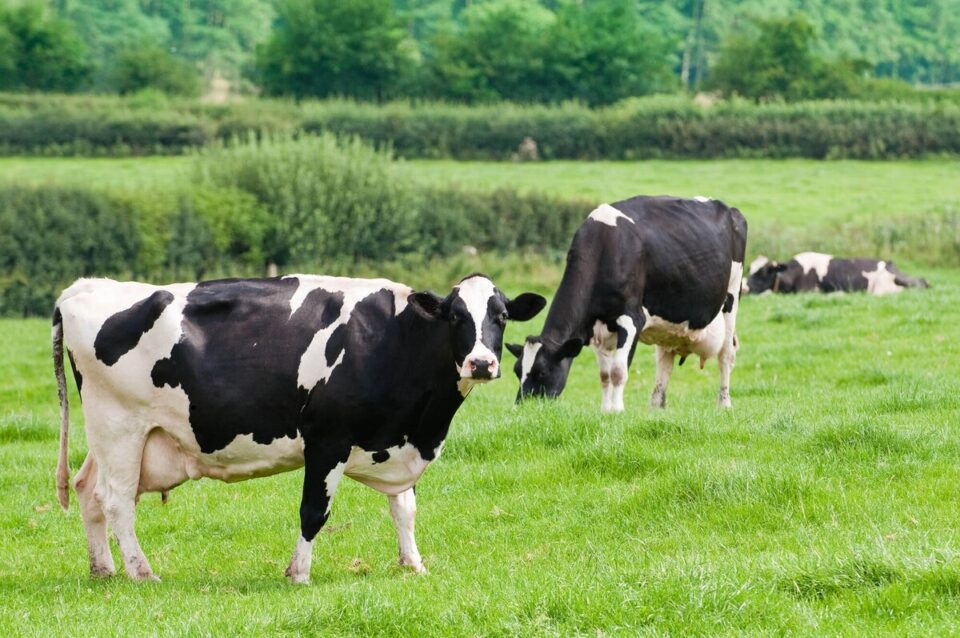“Our company started working 6 years ago with the aim of producing livestock vaccines. Our first product, peste des petits ruminants (PPR), was sent to the market 4 years ago, and 3 years ago, we presented the second product of our company, called the contagious ecthyma vaccine. The third product of our company was the lumpy skin disease (LSD) vaccine which was produced two years ago,” said Sajjad Pezeshki, the managing director of the knowledge-based company.
He explained that the speed of immunogenicity of oil-based FMD vaccine is two weeks longer than that of water-based vaccine, but the length of its immunogenicity period is 2-3 months longer than that of water-based vaccine.
Pezeshki noted that the company has managed to export the PPR and LSD vaccines to Uganda, Eritrea, Rwanda, Kenya, Tanzania and a number of other African countries.
“Our new product, foot and mouth vaccine, is being registered in several regional countries, including Iraq, Syria, Pakistan and Afghanistan, and its export will start soon,” he added.
In a relevant development in October, Iranian researchers at the University of Tehran and Ferdowsi University of Mashhad for the first time in an inter-university collaboration succeeded in producing a recombinant H9N2 bird flu vaccine by using genetic engineering.
The success is the result of the specialized thesis of Amir Asqari, a student of the Faculty of Veterinary Medicine of the University of Tehran and it can reduce the symptoms of H9N2 bird flu and increase the level of immunity.
“To produce this vaccine, Pichia pastoris yeast was used which is a safe yeast, has probiotic properties, enjoys a very high ability to produce recombinant proteins and is free of endotoxin contamination,” said Jamshid Razmyar, an Associate Professor of the Faculty of Veterinary Medicine of the University of Tehran.
He added that information on how to make the vaccine has been submitted for patent and is in the final stages of judging, noting that the first article about the research was accepted in a Scopus-indexed journal (Iranian Journal of Veterinary Medicine) with the title ‘Serological Evaluation of H9-RBD-Pichia, a Novel Recombinant Influenza Vaccine, in BALB/c Mice’, and the second and third articles were also accepted.
Noting that the results of the research are now in the process of being submitted to the prestigious international journals, Razmyar said, “Necessary measures are being adopted to optimize the vaccine production in semi-industrial and then industrial conditions.”


